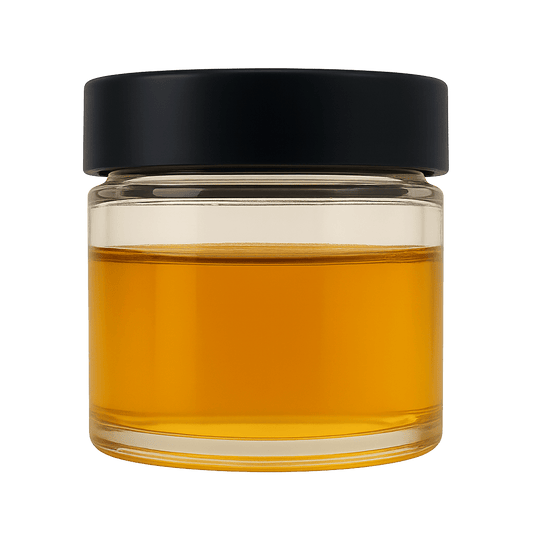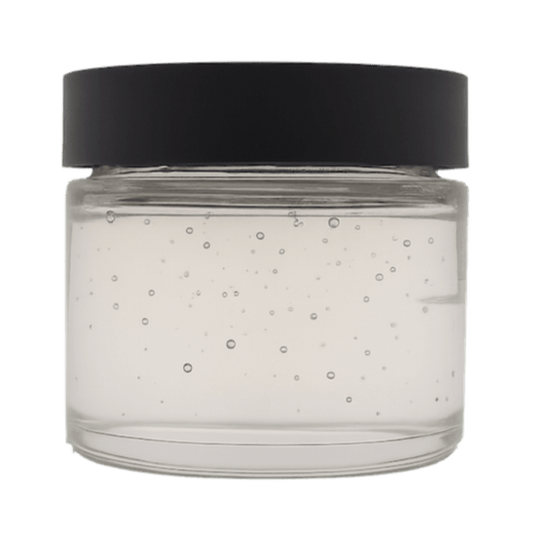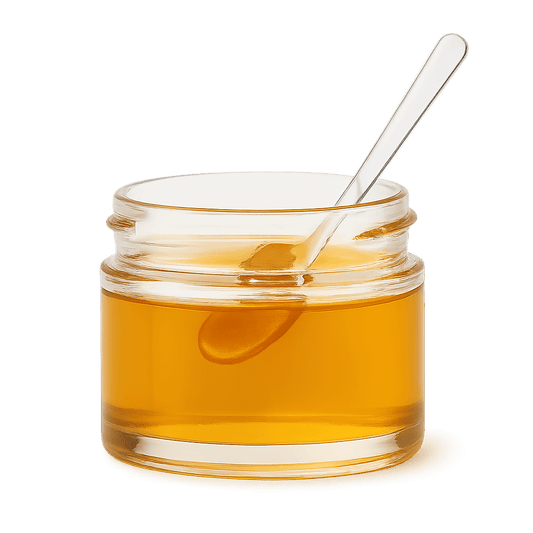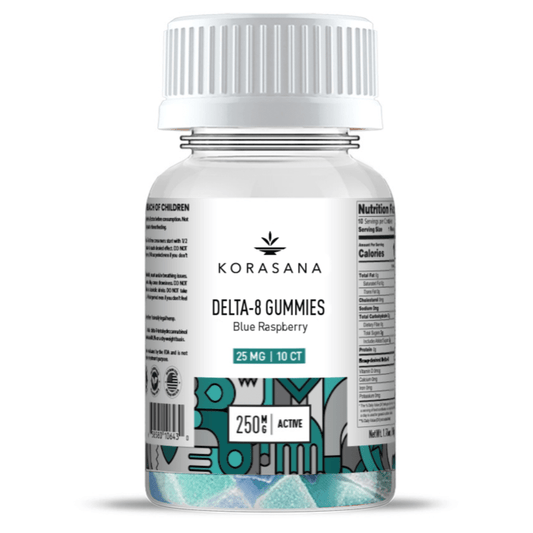Is Delta 8 THC Legal in Alabama?
YES - Delta 8 THC is Legal in Alabama
Delta 8 THC is currently legal in Alabama. Hemp-derived Delta 8 THC products can be legally purchased, used, possessed, sold, distributed, and produced in the state without violating any laws. However, it's important to note that there have been attempts to change this legal status, so the regulatory landscape could potentially shift in the future. Additionally, a recent bill passed by the Alabama House of Representatives has made it a crime to sell Delta 8 THC products to individuals younger than 21 years old.
Delta 8 Legal Status in Alabama
Delta 8 THC's legal status in Alabama is governed by both state and federal laws, as well as specific bills passed by the Alabama Legislature. Alabama's laws are similar to those of Delta 8 THC in Florida and Delta 8 THC in Georgia. Here are the key points and sources that outline the legality and regulations surrounding Delta 8 THC in Alabama:
-
Federal Law: The 2018 Farm Bill federally legalized hemp and its derivatives, including Delta 8 THC, provided that they contain no more than 0.3% Delta 9 THC on a dry weight basis. This federal provision has allowed states to develop their own hemp laws, provided they are in compliance with this threshold.
-
Alabama Law: Alabama has aligned its laws with the federal 2018 Farm Bill. The state's legislation permits the sale of hemp-derived products, including Delta 8 THC, as long as they contain less than 0.3% Delta 9 THC. Alabama's stance on hemp and its derivatives was clarified through the Alabama Industrial Hemp Research Program Act and subsequent updates to state law that mirror federal regulations.
-
Senate Bill 225 (SB225): This bill, passed by the Alabama Senate, specifically addressed the regulation of hemp-derived products in the state. It ensures that hemp and all its derivatives, isomers, and cannabinoids that have less than 0.3% Delta 9 THC are legal under state law. This includes Delta 8 THC, making it legal to sell, purchase, and possess in Alabama as long as it complies with the aforementioned THC content restrictions. Read Senate Bill 225
-
Age Restriction Law: A recent legislative update made it illegal to sell Delta 8 (and Delta 10) THC products to anyone under the age of 21. This law was enacted to regulate the sale of these products similarly to tobacco and alcohol, aiming to prevent minors from accessing psychoactive substances.
-
Regulatory Monitoring: Despite its legality, the sale and distribution of Delta 8 THC products are subject to regulation and monitoring by state health and safety agencies. This includes ensuring products are accurately labeled, meet quality standards, and do not exceed the legal THC limit.
-
Potential for Legal Changes: It's important to note that the legal landscape for Delta 8 THC and other hemp-derived products is subject to change. State legislatures and regulatory bodies may introduce new laws or amendments to existing ones, impacting the legal status of these substances.
-
Legal Precedence: The legal precedent set by the 2018 Farm Bill and Alabama's subsequent adoption of compatible laws provide a foundation for the legality of Delta 8 THC. However, individuals and businesses dealing with Delta 8 THC should stay informed about local and federal laws to ensure compliance.
For the most current information on Delta 8 THC's legal status in Alabama, it's advisable to consult legal experts or official state resources, as laws and regulations can evolve.
ALABAMA CODE 2-8-381
Relating to hemp; to amend Sections 2-8-381, 2-8-383, 20-2-2, Code of Alabama 1975, and 20-2-23 as last amended by Act 2018-552, 2018 Regular Session, Code of Alabama 1975; to require the Department of Agriculture and Industries, in consultation with the Governor and Attorney General, to develop a plan for monitoring and regulating the production of hemp, and submit the plan to the federal Secretary of Agriculture; to exclude from Schedule I controlled substances classified as tetrahydrocannabinols (THCs) derived from hemp; and to revise definitions.
§2-8-381.
(3) HEMP PRODUCTS. Any and all products made from industrial hemp, including, but not limited to, cloth, cordage, fiber, food, fuel, paint, paper, particleboard, plastics, seed, seed meal and seed oil for consumption, and for cultivation if the seeds originate from industrial hemp varieties.
(4) INDUSTRIAL HEMP or HEMP. The plant Cannabis sativa L. and any part of that plant, including the seeds thereof and all derivatives, extracts, cannabinoids, isomers, acids, salts, and salts of isomers, cultivated or possessed by a licensed grower 9; otherwise in accordance with the state’s USDA-approved regulatory plan, whether growing or not, with a delta 9 tetrahydrocannabinol concentration of not more than 0.3 percent on a dry weight basis. Industrial hemp shall be considered an agricultural crop or an agricultural commodity, or both, in all respects under state law. The term excludes marijuana as defined in subdivision (l4) of Section 20-2-2.
§20-2-2.
(14) MARIJUANA. All parts of the plant Cannabis sativa L., whether growing or not, the seeds thereof, the resin extracted from any part of the plant, and every compound, manufacture, salt, derivative, mixture, or preparation of the plant, its seeds or resin. Such term does not include the mature stalks of the plant, fiber produced from the stalks, oil or cake made from the seeds of the plant, any other compound, manufacture, salt, derivative, mixture, or preparation of the mature stalks (except the resin extracted therefrom), fiber, oil or cake, or the sterilized seed of the plant which is incapable of germination. Marijuana does not include hemp as defined in Section 2-8-381.
§20-2-23.
(b) The controlled substances listed in this section are included in Schedule I:
(3) Any material, compound, mixture or preparation which contains any quantity of the following hallucinogenic substances, their salts, isomers and salts of isomers, unless specifically excepted, whenever the existence of these salts, isomers and salts of isomers is possible within the specific chemical designation:
q. Tetrahydrocannabinols, except for tetrahydrocannabinols in hemp, as defined in Section 2-8-381.
The information provided on this website does not, and is not intended to, constitute legal advice or any statements regarding the status of any laws. The information, content, and materials present on this site are for general informational purposes only and should not be relied upon for any specific purpose. Laws vary across different states and are subject to change. Therefore, information on this website might not reflect the most recent legal or other developments. Read our full legal disclaimer HERE.






